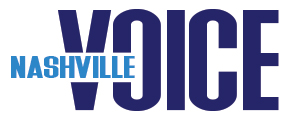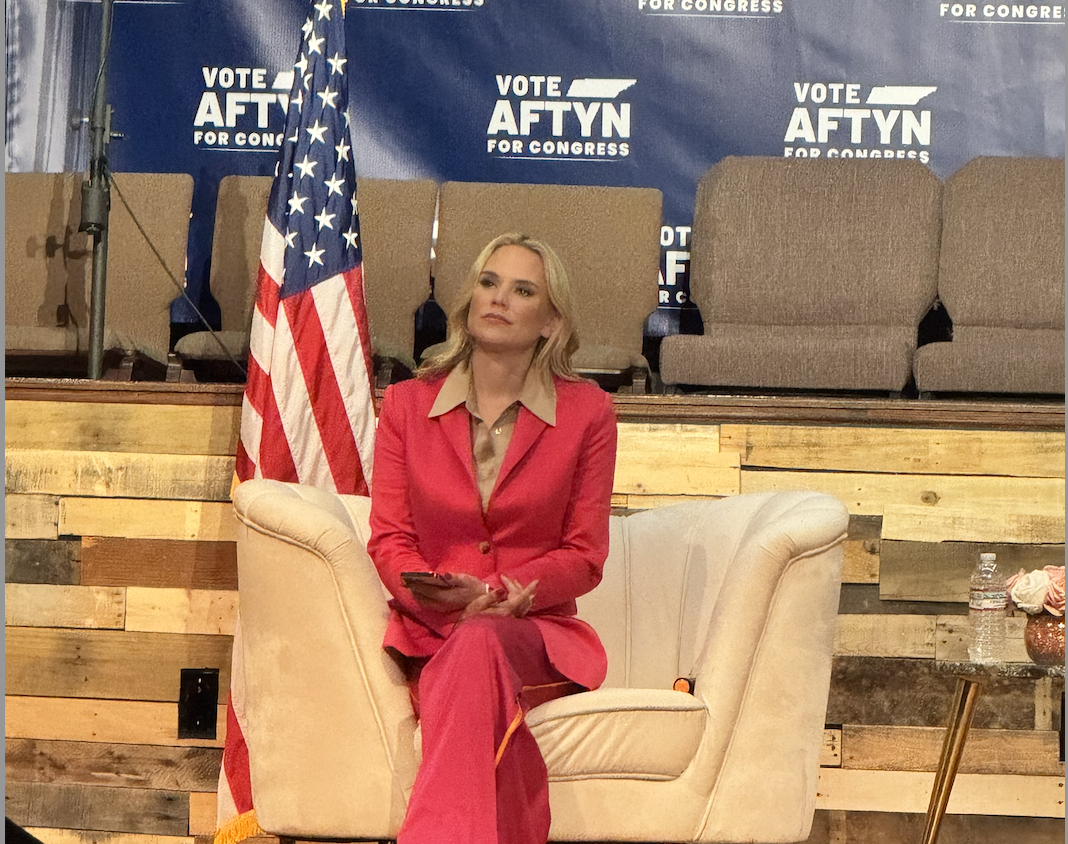NASHVILLE, Tenn. – Today Tennessee Governor Bill Lee and the Financial Stimulus Accountability Group announced an additional $115 million in Coronavirus Relief Funds will be made available to local governments to offset costs incurred from responding to the COVID-19 pandemic.

“This pandemic has required a high level of coordination and support across all levels of government to ensure local needs are met and the health and wellbeing of Tennesseans are protected,” said Gov. Lee. “The Financial Stimulus Accountability Group has provided another round of funding as we work to reduce any financial barriers in COVID-19 response.”
“The COVID-19 pandemic has presented our local governments with unique challenges specific to the needs of their people. Giving local governments control over how to spend these dollars maximizes efficiency and ensures this money is deployed in the most effective way possible,” said Lieutenant Gov. Randy McNally (R-Oak Ridge). “As we adjust to the new normal of living and working with COVID-19, it is important that local governments have the resources they need to attack the virus and address the issues it creates.”
“Directing additional funds to local governments will ensure they can continue to effectively meet the needs of their residents,” said House Speaker Cameron Sexton (R-Crossville). “Covid-19 related decisions and expenses whether in healthcare, education, or in other areas will be with us for the foreseeable future. I appreciate Gov. Lee, Lt. Gov. McNally, and our members for their partnership and commitment as we continue identifying solutions and working with all Tennesseans to address both our emerging needs, and those that will still remain after the pandemic.”
The Tennessee Local Government Reimbursement Program comes in addition to the $210 million in grants for county and municipal governments approved by the General Assembly in the State’s FY 2021 budget
The Financial Stimulus Accountability Group is a bi-partisan group including Lt. Gov. Randy McNally, House Speaker Cameron Sexton, Sen. Raumesh Akbari, Sen. Bo Watson, Rep. Harold Love, Rep. Pat Marsh, Comptroller Justin Wilson and Finance and Administration Commissioner Butch Eley.
Tennessee’s Financial Stimulus Accountability Group has overseen the distribution of hundreds of millions of federal and state dollars to local governments. Resources provided to-date are found below:
Coronavirus Relief Fund
Tennessee Local Government Reimbursement Program
The State of Tennessee has reserved $115 million of their allocation from the Coronavirus Relief Fund (CRF) to be further allocated to eligible local governments on a per capita basis.
Expenses should fall within one of the following categories:
· Medical Expenses
· Public Health Expenses
· Payroll Expenses Related to COVID-19
· Public Health Compliance Expenses
· Other Reasonably Necessary Expenses Incurred in Response to the COVID-19 public
· Health emergency.
Funds from the CRF may not be used to replace lost government revenue. Funds also may not be used for expenses that have been or will be reimbursed under any other federal programs.
These funds will be reserved for local governments that did not receive a direct Coronavirus Relief Fund appropriation. Memphis, Shelby County, and Nashville have already received a combined $284 million that was subtracted from the State of Tennessee’s allocation.
For local governments that did receive a direct Coronavirus Relief Fund appropriation, the State
of Tennessee will facilitate a planning process in coordination with the Financial Stimulus
Accountability Group to identify and plan for any necessary costs that may be uncovered by the
direct appropriation.
Local Cost-Share for FEMA Public Assistance
The State has also budgeted $75 million to cover the 25% non-federal cost-share for FEMA public assistance to local government entities. This is inclusive of the state covering local government’s 12.5% share. If fully utilized, this would result in an additional cost-savings to local governments seeking public assistance of $37.5 million.
Health
The Tennessee Department of Health continues additional support to non-state health departments in a variety of ways during the COVID-19 pandemic, listed below. These efforts augment the $160 million and $120 million allocated directly to Shelby County and Davidson County, respectively, through the CARES Act.
Epidemiology & Laboratory Capacity Detection Grants
· Knox County – $7.1 million
· Hamilton County – $5.6 million
· Sullivan County – $3.3 million
· Madison County – $2.8 million
· Total – $18.8 million
Contract staff support
Metro health departments have utilized contract staffing supported by the state in the amount of $1.2M.
Laboratory Testing Support
Below is a rounded summary of lab costs supported by the state for metro health department and special event testing:
· Davidson – $357,500 (Health Department, Special Event)
· Hamilton – $318,100 (Health Department, County Jail, Special Event)
· Knox – $183,800 – (Health Department, Special Event)
· Sullivan – $166,400 (Health Department)
· Shelby – $63,100 (Special Event)
· Total: $1,088,900
The department is awaiting invoices for work performed during the month of June that could increase these amounts.
Education
The State has provided $11 million for grants to local education agencies (LEA) to support reopening efforts from the Coronavirus Relief Fund Grants. An additional $50 million will be made available to support technology grants that can be used on wi-fi devices, laptops, or any other devices needed to support reopening.
LEA Reopening and Programmatic Supports – $11 million
Reopening grants are noncompetitive grants to support cohorts of districts with continuous learning plan implementation throughout the year in amounts ranging from $25,000 – $150,000 each.
District Technology Grants – $50M
These grants support district device strategies as necessary components to implement distance learning. The Tennessee Department of Education will launch a noncompetitive grant program managed through TDOE ePlan that allows for a match program.
More information regarding K-12 grants, including how to apply for the funding, will be provided directly by the Tennessee Department of Education to districts through their ePlan login.









